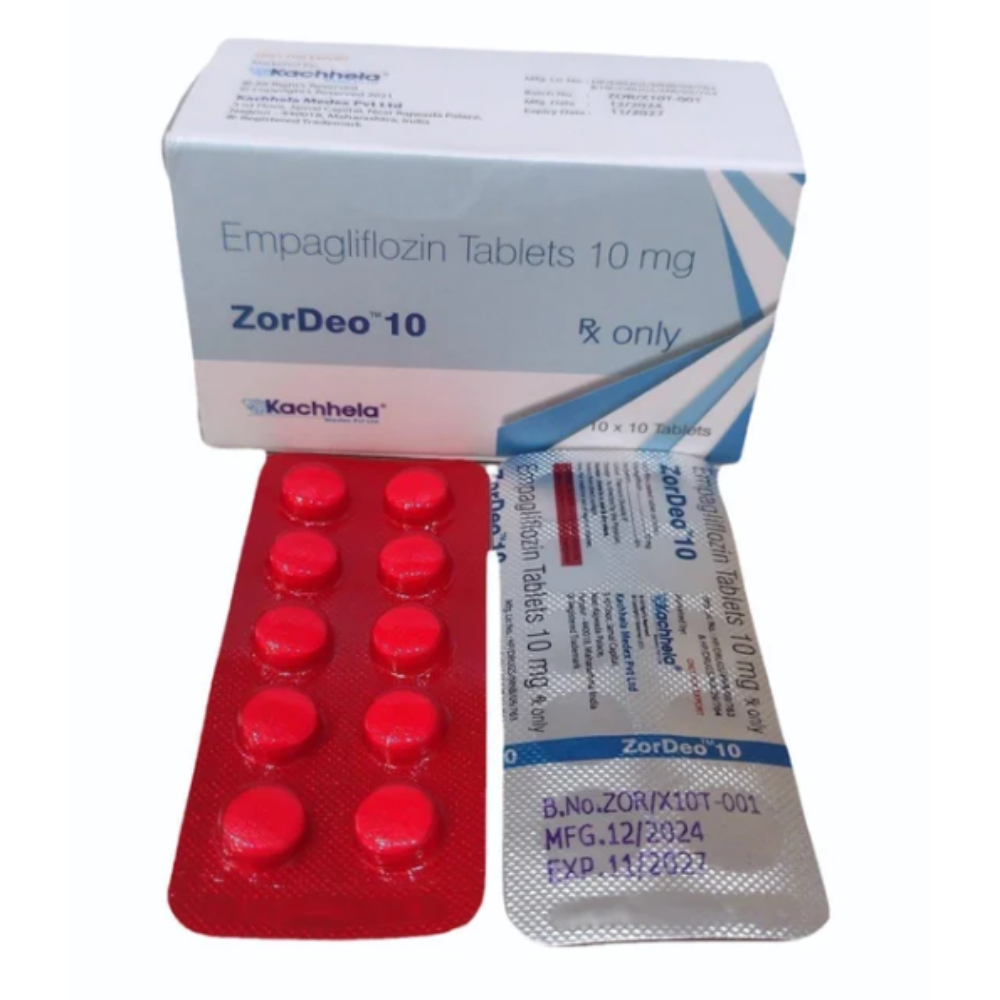fenbendazole 444: Administration Best Practices You Should Follow
Wiki Article
Comprehending the Benefits and Uses of Fenbendazole in Vet Medication
Fenbendazole has developed itself as a vital anthelmintic in veterinary medicine. Its ability to target different parasitic infections makes it a useful tool for veterinarians. The medicine's device interrupts crucial cellular procedures in parasites, causing reliable treatment results. Nevertheless, its security account differs between types, necessitating careful factor to consider in its use. Comprehending these dynamics can drop light on fenbendazole's broader implications in vet care and ongoing research right into its potential past typical applicationsDevice of Activity of Fenbendazole

Common Parasitic Infections Treated With Fenbendazole
A selection of parasitic infections are properly treated with fenbendazole, making it a versatile option in vet medication. This anthelmintic representative is particularly efficient versus nematodes, consisting of roundworms and hookworms, which commonly impact pets and cats. It is additionally made use of for the therapy of cestodes, such as tapeworms, offering a wide range of activity against both sorts of intestinal tract bloodsuckers. In addition, fenbendazole is useful in taking care of infections brought on by protozoa, especially Giardia, which can lead to intestinal distress in animals. Its efficiency expands to treating specific lungworms in pooches and felines, attending to breathing wellness problems connected to these parasites. Overall, fenbendazole's ability to target several parasitical species makes it an important tool in vet method, making certain the health and wellness and health of pets impacted by these usual infections.Safety and Efficacy in Different Pet Types
The safety and efficiency of fenbendazole vary among different pet species, emphasizing the significance of species-specific factors to consider in veterinary medication. In pooches, fenbendazole is usually well-tolerated and reliable versus a series of stomach parasites, including roundworms and hookworms. For felines, nonetheless, its usage is much less common and might call for cautious application because of potential adverse responses.In animals, such as livestock and lamb, fenbendazole shows efficiency versus various endoparasites, adding to improved wellness and efficiency. Nevertheless, the pharmacokinetics and prospective negative effects can vary substantially in between varieties, necessitating careful assessment by vets.
Equines likewise respond favorably to fenbendazole, especially for treating strongyles and ascarids, though dose and management routes need to be customized to their one-of-a-kind physiology. Comprehending these distinctions is vital for enhancing therapy end results and making certain animal welfare throughout varied varieties.
Administration and Dose Standards
Proper management and dosage standards are crucial for optimizing the restorative impacts of fenbendazole while minimizing prospective adverse effects. The dose generally differs depending upon the varieties being treated, the certain condition, and the formula of fenbendazole utilized. 222 mg. For pet dogs and pet cats, a common dosage is 50 mg/kg body weight, carried out when daily for 3 consecutive days, but vets might change this based upon individual health and wellness assessmentsIt is necessary to carry out fenbendazole with food to boost absorption and minimize intestinal upset. The medication is offered in different kinds, including granules and paste, enabling versatile administration alternatives. Checking the pet's action during and after treatment is advisable to confirm efficiency and safety. In addition, veterinary advice is vital to identify the ideal duration of therapy based upon the sort of parasitical infection being dealt with, assuring excellent outcomes for the pet's health and wellness.
Future Point Of Views and Research Study on Fenbendazole
Research study on fenbendazole continues to advance, concentrating on its possible applications beyond conventional antiparasitic usages. Current researches have explored its efficiency in dealing with numerous forms of cancer cells, specifically in vet oncology. Preliminary data recommend that fenbendazole may hinder the growth of growth cells and boost the fenbendazole 444 results of other chemotherapeutic representatives.Moreover, scientists are examining its duty in taking care of food poisonings in animals, highlighting its anti-inflammatory homes. The flexibility of fenbendazole for different types increases inquiries concerning its safety accounts and perfect application regimens in diverse populations.
As rate of interest expands, there is a demand for comprehensive scientific tests to develop evidence-based guidelines for these novel applications. Future study might additionally examine the systems behind fenbendazole's impacts, possibly leading the way for cutting-edge therapeutic techniques in veterinary medication. The continuous exploration of fenbendazole might greatly boost therapy choices for different veterinary conditions.

Frequently Asked Concerns
Is Fenbendazole Safe for Pregnant Animals?
The security of fenbendazole for pregnant pets remains uncertain. While some research studies recommend marginal risk, vets commonly suggest caution and frequently suggest versus its use throughout maternity unless the benefits clearly surpass prospective threats.Can Fenbendazole Be Utilized in Livestock?
Fenbendazole is commonly utilized in animals to treat numerous parasitical infections. 222 mg. Its effectiveness versus stomach worms makes it a valuable anthelmintic, contributing to enhanced health and productivity in pets elevated for food and fiberWhat Are the Side Results of Fenbendazole?

The side impacts of fenbendazole may consist of gastrointestinal disruptions, lethargy, and sensitive reactions. In rare situations, more extreme responses can happen, demanding cautious monitoring and assessment with a veterinarian throughout therapy.
How Does Fenbendazole Compare to Various Other Dewormers?
Fenbendazole provides broad-spectrum efficacy versus different parasites, usually comparing favorably to other dewormers. Its unique device targets different life stages, making it efficient, while usually offering a beneficial safety and security profile contrasted to alternatives offered on the market.Can Fenbendazole Be Used for Dealing With Cancer Cells in Family Pets?
The capacity of fenbendazole in treating cancer in animals has actually gathered interest. Preliminary researches recommend it may inhibit cancer cells cell growth, however additionally study is essential to validate its effectiveness and safety and security in veterinary oncology.Report this wiki page